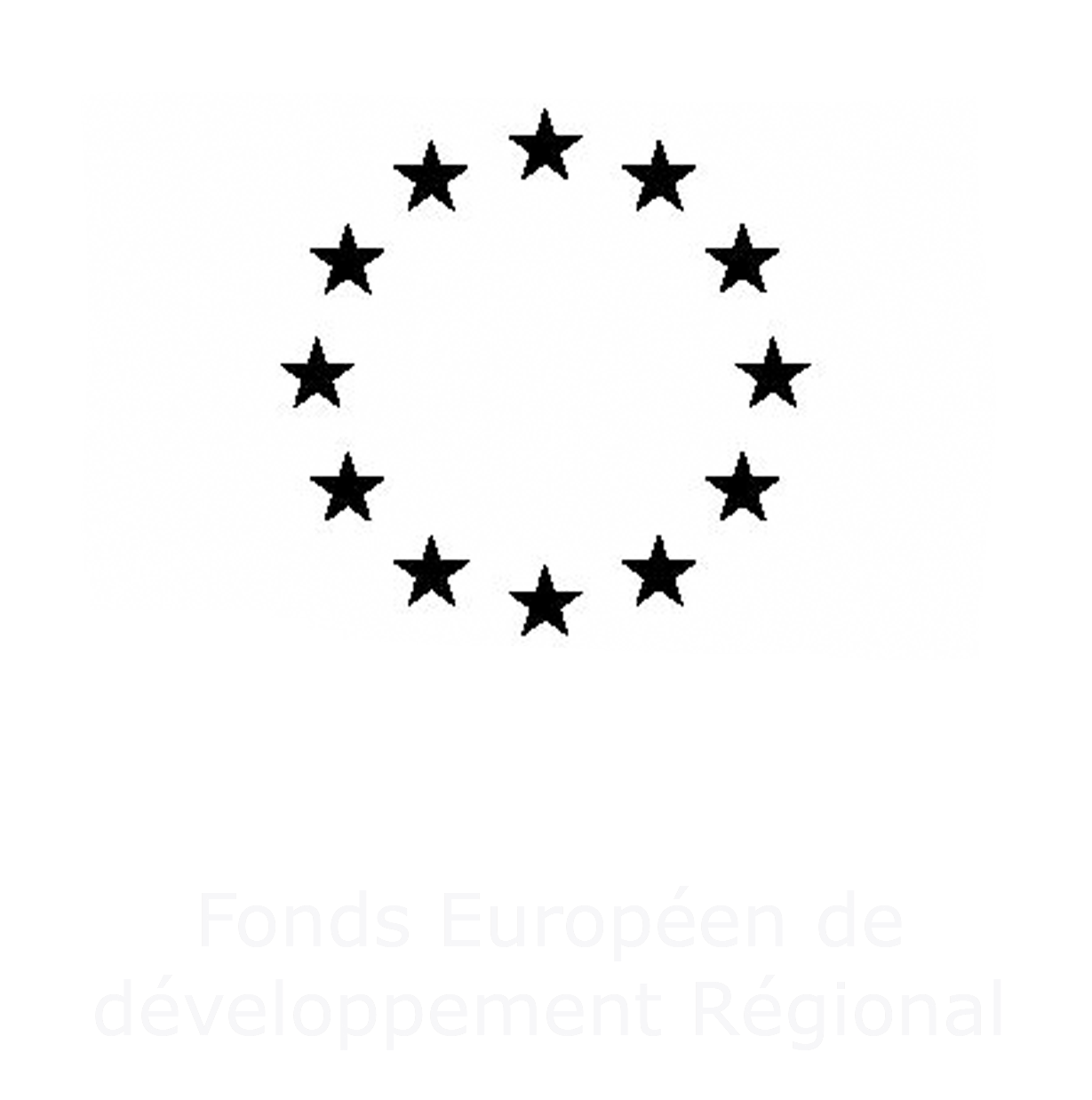Natural resources
Natural resources
The issue of natural resources and their sustainability, is linked to the needs for preservation, improvement in their quality and their management. Biodiversity in natural resources is threatened by many environmental and societal factors such as climate change, changes in land use or even practices. Through disciplinary and/or transversal research programmes, it currently focuses on preserving animal and plant resources as well as those of the aquatic environment.
A sharing of means and methods on the theme of natural resources and their sustainable exploitation
Three research units of the University of Limoges have combined to create the multidisciplinary research cluster PEREINE:
- The [Research Group on Water, Soil, Environment] (Groupement de Recherche Eau, Sol, Environnement) GRESE – EA 4330
- The [Natural Substances Chemistry Laboratory] (Laboratoire de Chimie des Substances Naturelles) LCSN– EA 1069
- The [Animal Molecular Genetics Unit] (Unité de Génétique moléculaire animale) UGMA – UMR INRA 1061
This approach allows the scientific expertise within the disciplines of chemistry, biology, geosciences and engineering sciences to be combined to meet the challenges of development and exploitation of natural resources (livestock, plant resources, water, soil).
New scientific approaches
PEREINE aims to promote an integrated approach to the issues of genomics and genetics of the major sectors (cattle breeding – forestry), green chemistry, valuation and sustainable development, environmental chemistry and contaminants (water, soil, biomass), management processes and methods for resource sustainability.
It is organised around 3 research focuses:
- Characterisation and exploitation of the genetic diversity of natural resources: identification of molecular markers and characterisation of genes involved in traits of agronomic interest for the “beef” and forestry-wood” sectors through a combination of genetic, epigenetic, functionally genomic, biochemical and chemical approaches.
- Biomolecules, glycosciences and applications: porphyrins and phototherapy, secondary metabolites, polysaccharides, green chemistry and evaluation of biological properties. The ultimate purpose of this focus is chemical characterisation, the study and understanding of the biological properties of molecules that are natural or of natural origin and their involvement in the process of normal and tumour cell differentiation and/or their impact on the growth of microorganisms.
- Environmental pressure and quality of water resources: identification of complex mechanisms by combining physical and/or biological and/or chemical reactions in critical milieus of the environment. This approach helps to identify contamination by differentiating between a so-called natural matrix (geochemical background, natural inputs) and a human activity (industrial/agricultural activities or development).
A structuring in line with local needs
Consideration of global change is now essential before any use of natural resources. In this context, the genetic adaptability of plant and animal species should be studied, but it should also be ensured that local water is properly managed.
PEREINE aims to clarify the role of innovation in reducing or amplifying conflict between economic growth and protection of the environment/natural resources over the long term and to study issues of uncertainty and information on the economy of the environment, natural resources and agriculture (implementation of the precautionary principle, insurability of environmental risks …).


